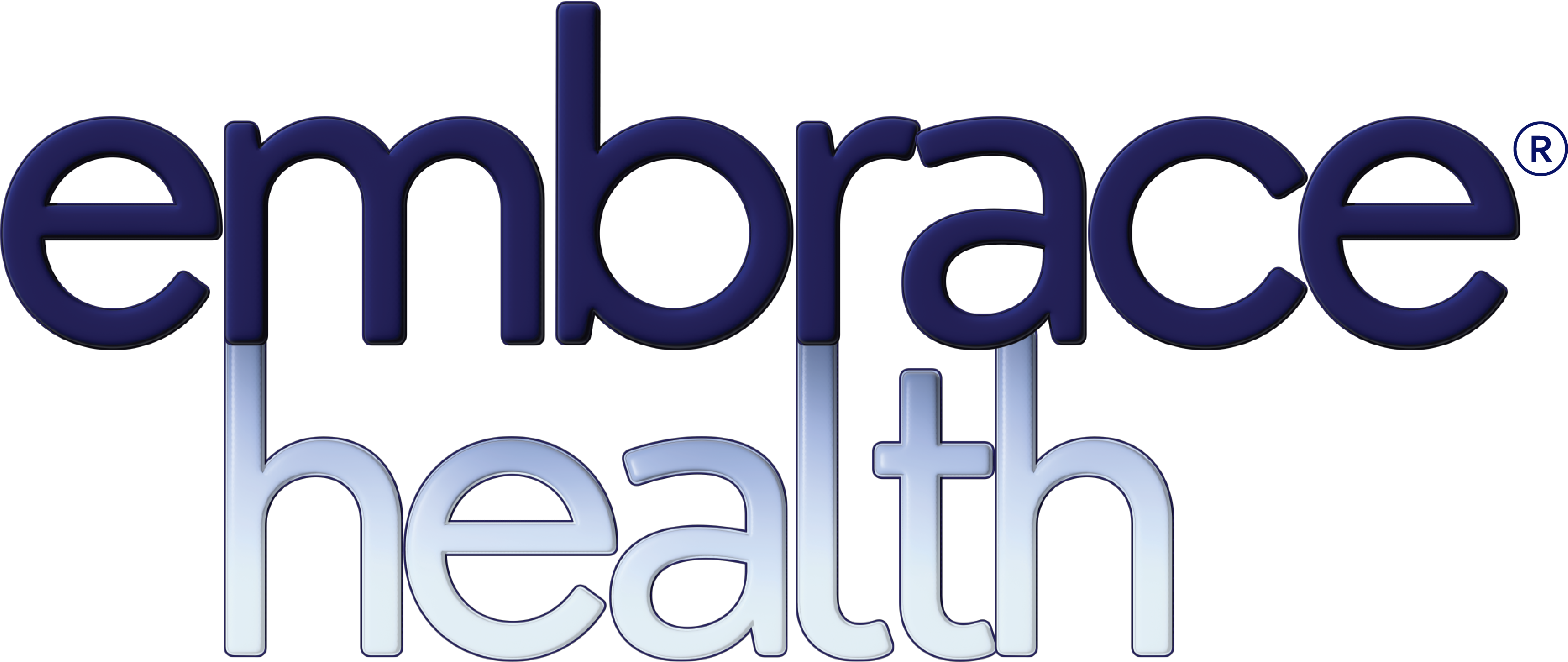Health care providers (doctors and nurses) are often the first point of contact for patients experiencing mental health symptoms. Because these concerns frequently manifest as physical complaints or subtle behavioral changes, recognizing and addressing them effectively is essential to comprehensive patient care. Understanding when to refer a patient to a mental health professional can significantly impact outcomes and ensure patients receive the support they need.
Common Mental Health Concerns in Primary Care
1. Anxiety Disorders
Patients may present with physical symptoms such as palpitations, shortness of breath, gastrointestinal distress, or headaches, often without clear organic causes. Generalized anxiety disorder (GAD), panic disorder, and social anxiety disorder are common and may be addressed with lifestyle modifications, medication management, or therapy. Referral is recommended if symptoms are debilitating or if there is coexisting depression or substance use.
2. Depression
Fatigue, chronic pain, sleep disturbances, and weight changes can be signs of depression. Patients may struggle with feelings of hopelessness, anhedonia, or suicidal ideation. Referral to therapy is appropriate for moderate to severe depression, persistent symptoms despite treatment, or when suicidal thoughts are present.
3. Post-Traumatic Stress Disorder (PTSD)
Patients with a history of trauma may present with nightmares, flashbacks, or heightened anxiety. These symptoms can impact daily functioning and relationships. Referral is encouraged for patients with significant distress, avoidance behaviors, or those struggling with emotional regulation related to trauma.
4. Substance Use Disorders
Substance misuse often coexists with other mental health conditions. Patients may attempt to self-medicate symptoms of anxiety or depression, leading to dependence. Referral to a therapist or addiction specialist is advised when patients show signs of withdrawal, impaired daily function, or repeated unsuccessful attempts to quit.
5. Chronic Stress and Burnout
Stress-related concerns, including workplace burnout, caregiver fatigue, and adjustment disorders, frequently present in primary care. While lifestyle modifications and coping strategies can help, therapy may be beneficial when stress leads to physical health decline or significant impairment in daily life.
When to Refer to a Mental Health Professional
- Symptoms persist despite initial interventions, such as medication or lifestyle changes.
- Mental health concerns significantly interfere with daily functioning.
- Suicidal thoughts or self-harm behaviors emerge.
- Co-occurring psychiatric conditions complicate management.
- Patient requests specialized mental health care or struggles with medication adherence.
Early identification and appropriate referral can ensure patients receive tailored support and treatment. A collaborative approach between PCPs and mental health providers fosters comprehensive care, improving outcomes for individuals navigating mental health challenges.
The Overlap Between Mental Health and Physical Symptoms
Mental health and physical health are deeply connected, often in ways that can be misleading. Many mental health conditions manifest as physical symptoms, making diagnosis challenging. Patients may seek medical care for headaches, digestive issues, or chronic pain, unaware that stress, anxiety, or depression might be the underlying cause.
Common Mental Health Symptoms That Mimic Physical Conditions
- Anxiety – Can lead to heart palpitations, shortness of breath, dizziness, and even chest pain, often mistaken for cardiovascular issues.
- Depression – May cause fatigue, body aches, appetite changes, or sleep disturbances, resembling conditions like thyroid disorders or chronic fatigue syndrome.
- Panic Attacks – Can feel like a heart attack, with symptoms including sweating, tremors, and difficulty breathing.
- Post-Traumatic Stress Disorder (PTSD) – Can trigger physical pain, muscle tension, and gastrointestinal distress, sometimes misdiagnosed as inflammatory conditions.
- Stress – Often manifests as headaches, digestive problems, or high blood pressure, mimicking signs of underlying medical conditions.
Why Does This Happen?
The mind and body share complex biochemical pathways, meaning emotional distress can trigger physiological changes. The nervous system, hormones, and immune responses are closely linked, influencing everything from digestion to pain perception.
When to Consider a Mental Health Connection
If medical tests rule out organic causes but symptoms persist, exploring mental health factors may be beneficial. Therapy, mindfulness, and stress management techniques can significantly improve physical symptoms rooted in emotional distress.
Recognizing these connections can lead to more effective care. A holistic approach to health acknowledges that the body and mind work in tandem—healing one can often support the other.
References:
National Institute of Mental Health (NIMH) – Offers research-based resources on anxiety, depression, PTSD, and other conditions frequently seen in primary care.
- Website: https://www.nimh.nih.gov
American Psychiatric Association (APA) – Provides guidelines for screening, diagnosing, and referring patients with mental health concerns.
- Website: https://www.psychiatry.org
Centers for Disease Control and Prevention (CDC) – Covers mental health statistics, risk factors, and evidence-based interventions for primary care providers.
- Website: https://www.cdc.gov/mentalhealth
Substance Abuse and Mental Health Services Administration (SAMHSA) – Offers clinical support tools and referral guidelines for co-occurring disorders.
- Website: https://www.samhsa.gov
U.S. Preventive Services Task Force (USPSTF) – Provides screening recommendations for depression, anxiety, and substance use disorders in primary care.
- Website: https://www.uspreventiveservicestaskforce.org


